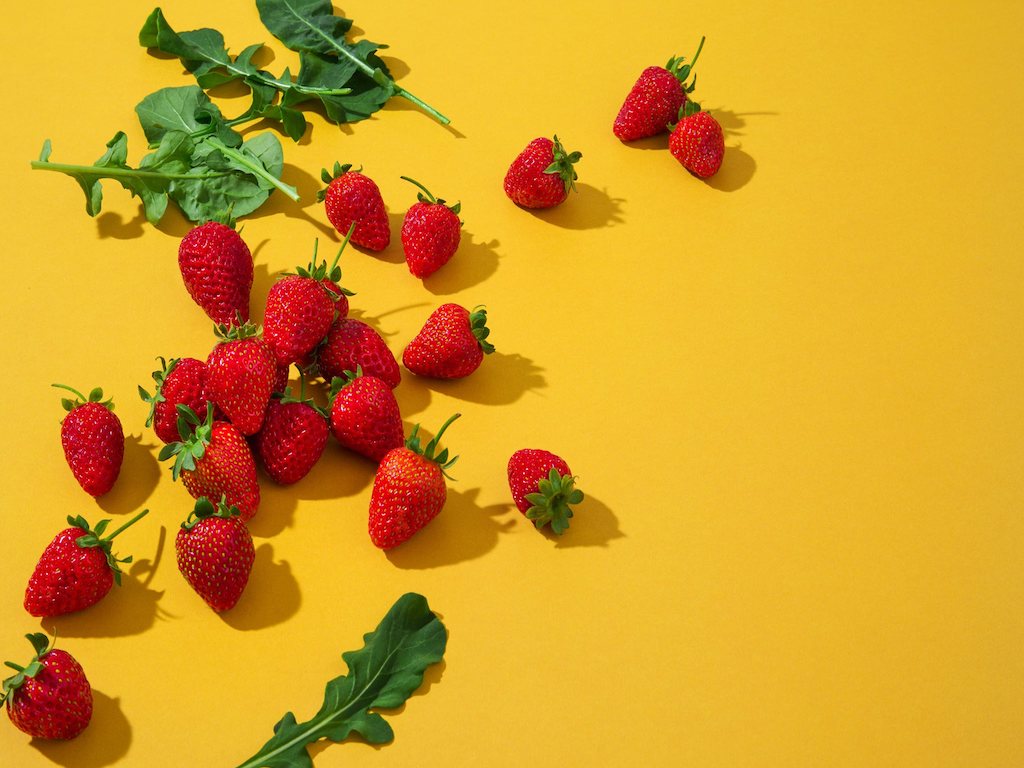This Agritech Startup Wants To Grow Blueberries in Singapore: How Sustenir Tackles Food Security With Vertical Farming
2 Mins Read
The hot and humid climate in many Asian countries poses an obstacle to growing certain fruits and vegetables that thrive in cooler environments. Singapore, for instance, majorly relies on foreign imports for its food supply. Recent studies have emphasised the environmental impact of foreign food imports and traditional methods of agricultural farming. An alternative has emerged with Sustenir, a Singaporean-based agritech start-up that has grown non-native crops within its hydroponic facility.
Instead of being rooted in soil, the team at Sustenir have cultivated fresh fruits such as strawberries and cherry tomatoes and vegetables like kale and arugula under laboratory-controlled settings within its hydroponic facility.
This form of vertical farming is an achievement for local agriculture. It does not only provide an alternative to Singapore’s dependence on food imports, but also importantly tackles the issue of food security. Imported fresh produce is often wasted in the logistical process before it reaches the shelves of consumers. In addition, statistics from the World Resources Institute’s recent publication indicates that agriculture is responsible for around 25 percent of greenhouse gas emissions and 40 percent of global land use.
“We can get it to the community and tables at the same day of harvest. We get rid of food waste and reduce carbon footprint. Plus, we guarantee our products to have up to two weeks in the fridge. So that’s zero waste for consumers,” explains Sustenir co-founder and CEO Benjamin Swan.
Sustenir’s vertically farmed produce boasts a solution to issues of sustainability faced by Singapore and many of its Asian neighbours that are also dependent on foreign food imports. There are other advantages too. Vertical farming allows precise alterations to plants’ characteristics possible by experimenting with light, temperature, humidity and nutrients in the watering process. Moreover, the controlled environment means that the plants are “so clean, you don’t even have to wash them,” says Swan.
At a time when awareness about food wastage in Asia is growing, Sustenir’s sustainable farming solution is promising. With their own technology and infrastructure to experiment, Sustenir is working on cultivating an ever-growing list of non-native fruits and vegetables, such as grapes and blueberries.




